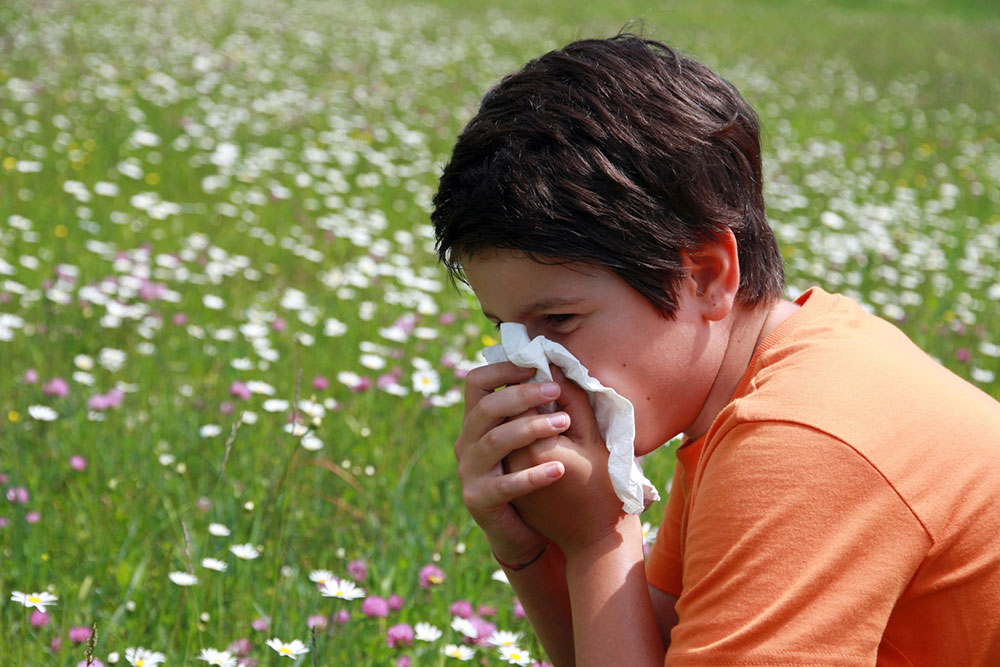
Basics of diagnosing and treating an allergy
As allergies are one of the most common conditions an individual can suffer from, it often becomes difficult to identify its occurrence until the reaction is repeated. Also due to the possibility of almost all foreign substances being a trigger, the process of isolating what actually causes the reaction is long drawn out and time-consuming. In these cases of confusion, it is very easy to make a wrong decision, use the wrong treatment option and further aggravate the condition, or at the very least, not treat the right condition. In order to be able to avoid that, it is important to be able to confirm what the allergy actually is, understand the condition properly and treat it appropriately for a full recovery.
Diagnosis
When a particular symptom appears, it is important to immediately consult the doctor, who on further examination will be able to determine the presence of an allergy. Through the process of this consultation, the doctor initially questions the individual about the signs and symptoms which have appeared and then performs a physical test. He/she will also ask you to maintain elaborate notes on the symptoms and the possible triggers.
In cases of food allergies, you need to maintain a diary of all the foods you ate recently and take note if you have reduced the consumption of any food during the evaluation process. Since some tests may have inaccurate results, the doctor might also recommend a skin test, a blood test, or both. During a skin test, you will be exposed to small quantities of proteins in different allergens to confirm which allergen is causing the problem. During a blood test, quantities of various factors such as antibodies will be taken into consideration to confirm the allergy.
Treatment
As an allergy is caused by the presence of allergens, one method of treatment is to completely avoid that particular allergen or being in areas with less concentration of that substance. Medications can help you alleviate the symptoms and ease the irritation to a great extent too. If the case is severe, the doctor might even suggest allergen immunotherapy. This process involves administering extracts of purified allergens in regular intervals for a duration of several years. This treatment can be administered through the sublingual route also, which involves placing a tablet under the tongue until it completely dissolves.
Severe allergies require you to carry an emergency epinephrine shot all the time in order to avoid the condition from deteriorating to fatal levels. When a severe reaction is invoked by the allergen, an epinephrine shot can be used in order to control the symptoms and reduce them until emergency treatment is available. There is still a lot of research going on in terms of treatment for different types of allergies. Measures should be taken to personalize the solution on the basis of the problem the individual faces.


